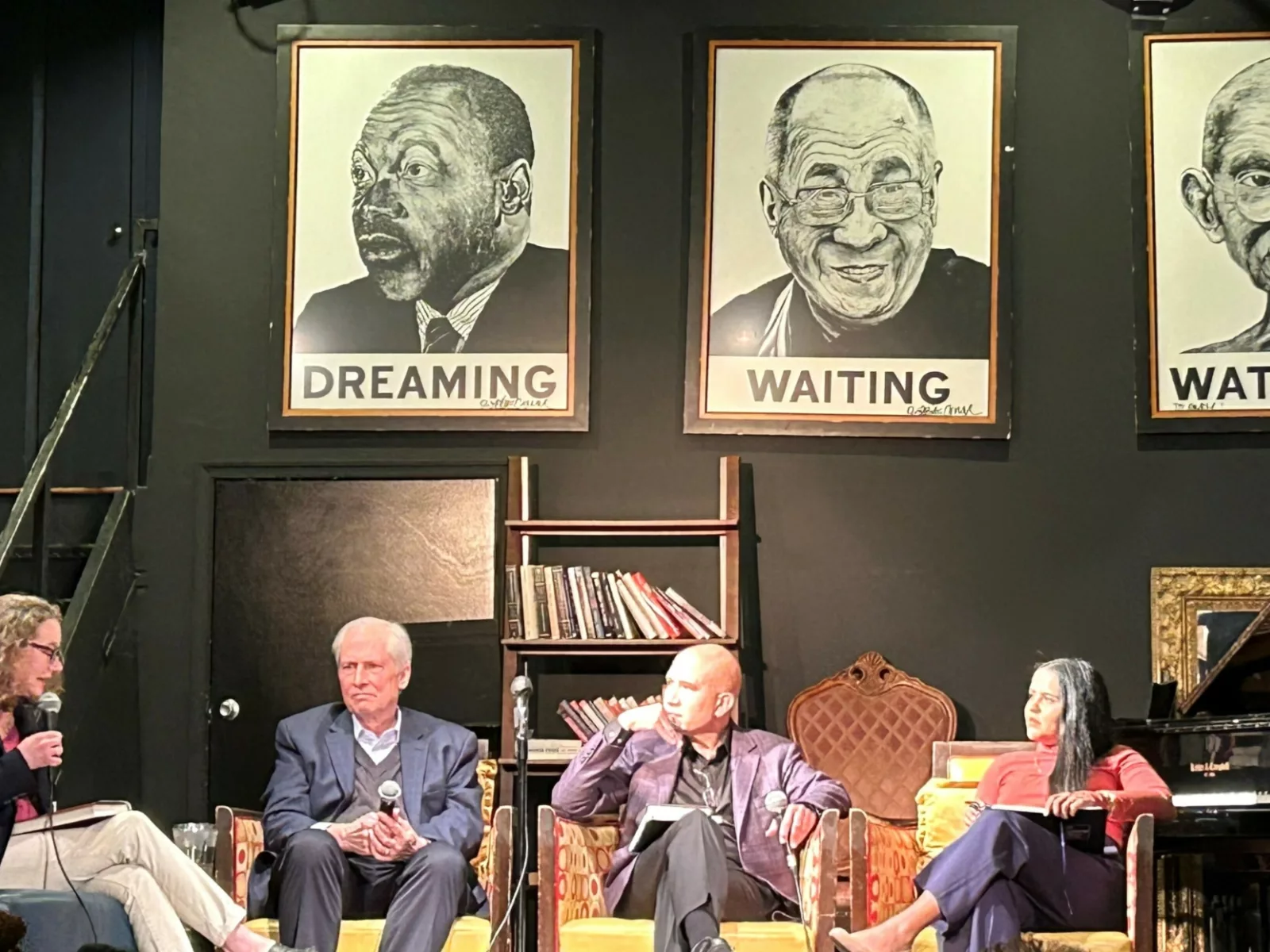At a time when a spike in inflation has families struggling to afford basic necessities, most of the policy levers to help address the problem are in Washington. What can local governments do to help lighten the load? Lawmakers can eliminate costly fines and fees in the criminal justice system, write Arnold Ventures Director of Criminal Justice Cybele Kotonias, University of California, Berkeley Assistant Professor of Law Becca Goldstein, and Research Director at the People Lab at the Harvard Kennedy School Helen Ho.
In an op-ed published on Insidesources.com, the trio argue that the increased reliance on fines and fees to fund local operations have resulted in a criminal justice system filled with unaffordable financial obligations — more than a thousand dollars per case even for the lowest level charges.
“This approach does nothing to reduce crime and instead undermines poor and working-class families already getting crushed by inflation,” they write. Meanwhile, the wealthiest can “treat a court payment like just another monthly expense.”
As a result, working-class families become entangled in the criminal justice system simply because they cannot afford to pay fines and fees.
In fact, new research out of Oklahoma found that waiving court costs helps people avoid debt collectors, tax refund garnishment, more court debt, and — critically — new warrants for arrest.
“With each new study, we find that it is better for everyone involved when counties and states eliminate fees and create pathways for affordable fines,” they write.
Read the entire op-ed here: Stop Funding the Government Through Fines and Fees





















